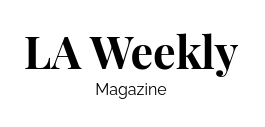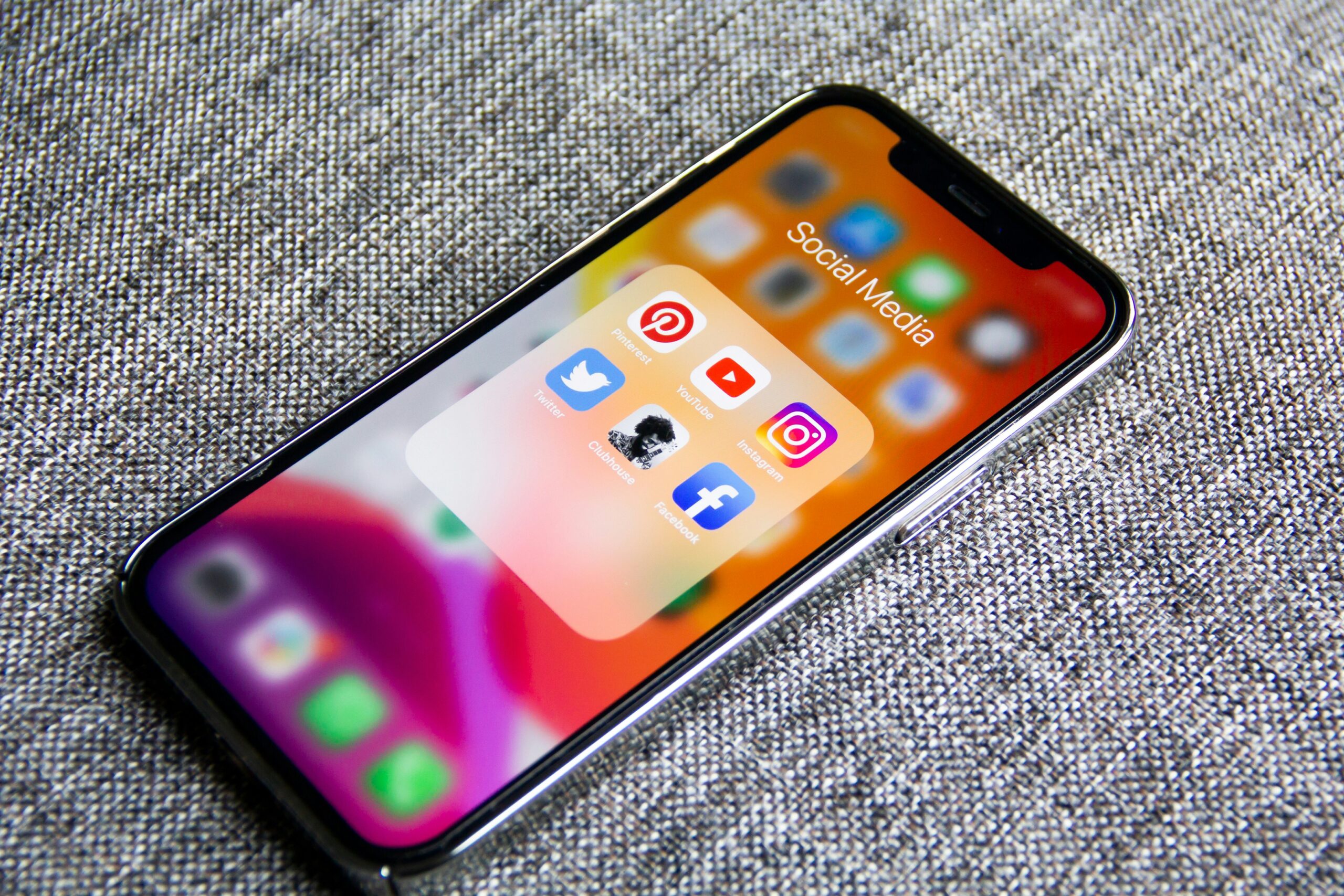Understanding Private Instagram Accounts
Instagram, a widely used social media platform, offers users the option to maintain either a public or private account. A private Instagram account is characterized by its restricted access, meaning that only approved followers can view the content shared by the user. This privacy setting serves distinct purposes for individuals who prefer to keep their posts, stories, and other interactions limited to a select audience.
The primary advantage of a private account is enhanced control over who can see one’s content. Users who opt for this setting may have personal reasons, such as protecting their privacy, managing unwanted attention, or simply wanting to share their life with a close-knit group of friends and family. By requiring follower approval, account holders can decide which individuals are granted access to their posts, thus fostering a more intimate sharing environment.
In contrast, public accounts allow any Instagram user to view the content without any restrictions. While many users may appreciate the visibility and potential for engagement that public profiles provide, they may also encounter challenges related to privacy. On the other hand, private accounts cater to those who prioritize personal boundaries and a sense of security in their social media experience.
Moreover, the decision to maintain a private profile can stem from various factors, including concerns over digital footprint, the nature of the shared content, or the desire to avoid unsolicited interactions from unknown users. Ultimately, understanding private Instagram accounts involves recognizing the balance between sharing personal moments and safeguarding one’s online presence in a world increasingly connected through social media.
Why People Use Private Instagram Accounts
Private Instagram accounts have become increasingly popular as users seek to curate their online presence. One of the primary reasons individuals opt for a private setting is the concern for privacy. With the rise of social media, many users feel exposed and vulnerable, leading them to desire more control over who can see their content. By making their accounts private, individuals can mitigate the risk of unwanted attention or intrusion into their personal lives.
Another significant factor contributing to the choice of a private account is the desire to manage their audience. Users often want to share their experiences, photos, and thoughts with a select group of friends and family rather than a broader audience. By limiting access, they can ensure that their interactions occur within a trusted circle, fostering a sense of security. This selective sharing mechanism helps individuals build a more intimate online community, enhancing their social connections without the distractions that come from a wider audience.
The impact of social media on personal space and security cannot be overstated. Many users are now aware of the potential dangers of oversharing online, such as identity theft or cyberbullying. This awareness drives them to take proactive measures by setting their accounts to private. By doing so, users can control who sees their posts, protecting themselves from potential harassment or negative interactions. The choice to go private reflects a broader trend in society toward valuing personal boundaries and security in the digital age.
In essence, the decision to use a private Instagram account stems from a combination of privacy concerns, audience control, and the desire for enhanced personal security. Understanding these motivations can provide valuable insights into the current social media landscape and the protective measures users take to safeguard their personal information.
Legitimate Ways to View Private Instagram Accounts
Viewing private Instagram accounts ethically is not only important for respecting users’ privacy but also fosters a genuine connection. The primary method to access a private account is to send a follow request. This process is straightforward; however, the key to success lies in customizing your profile to enhance the likelihood of acceptance. Start by ensuring your profile is public, and it includes a clear photo and an engaging bio that reflects your interests. This helps private account owners see you as a credible person and increases trust.
Once your profile is set up appropriately, the next step is to send a follow request to the private Instagram user. When making this request, it may be beneficial to add a personalized message, especially if you have mutual friends or common interests. This approach may prompt the account owner to consider the request more thoughtfully. If they see a shared circle, they might be more inclined to accept the request, allowing you access to their content.
Building a rapport with the account owner can also facilitate viewing their private content. Engaging with their posts, when possible, can provide an avenue to connect. Commenting thoughtfully on mutual friends’ content or even reaching out in messages can create a foundation of trust, making the user more receptive to your follow request. In essence, forming a connection can lead to a greater understanding and possibly friendship, which may result in gaining access to their private account.
In summary, ethical methods to view private Instagram accounts revolve around sending follow requests thoughtfully, customizing your profile to establish credibility, and fostering genuine relationships with account owners. By employing these strategies, you can navigate the process respectfully and potentially gain insights into their shared experiences and content.
Common Myths about Viewing Private Instagram Profiles
There exists a plethora of myths and misconceptions surrounding the viewing of private Instagram accounts. These misunderstandings often lead individuals to explore questionable methods in hopes of accessing profiles that are intended to remain confidential. One of the most prevalent myths is the belief that third-party applications or websites can successfully bypass privacy settings. Many users are drawn to these services based on persuasive advertisements claiming they can unlock private profiles. However, it is crucial to note that most of these tools are ineffective at accessing private content and may pose significant risks, including the potential compromise of personal information and security.
Another common misconception is that creating a fake account could guarantee access to a private profile. While users occasionally succeed in this approach, it is inherently dishonest and can lead to unfavorable interactions. Moreover, many Instagram users take extra precautions by blocking suspicious or fake accounts. As the platform continues to upgrade its security features, this tactic becomes less reliable over time.
Additionally, some individuals think that contacting the owner of a private account and requesting access will yield positive results. While it is certainly possible to receive approval in some cases, many users choose to keep their profiles private for specific reasons, such as protecting their personal information or maintaining a level of privacy from casual acquaintances. It is, therefore, critical to respect these settings and the choices made by individual users.
Overall, the myths surrounding private Instagram accounts often encourage deceptive practices that can lead to negative consequences. By dispelling these misconceptions, users can adopt safer and more respectful approaches while navigating the complexities of privacy on social media platforms. Understanding the realities of viewing private profiles is essential to fostering a respectful online environment.
Using Third-Party Apps and Services: Pros and Cons
In the quest to view private Instagram accounts, many users turn to third-party apps and services that promise to unlock these private profiles. While such tools may seem attractive, it is crucial to assess their benefits and drawbacks carefully.
One of the primary advantages of using third-party applications is their ability to bypass privacy settings. Users may find these tools useful for gaining insights into specific accounts, especially when they are unable to send a follow request directly. Some apps claim to provide comprehensive analytics about a user’s interactions, engagement metrics, and follower trends, which can be beneficial for businesses and influencers. Additionally, these services often claim to be user-friendly, requiring no advanced technical skills.
However, the risks associated with these applications cannot be overlooked. First and foremost, using third-party services can lead to violations of Instagram’s terms of service. Engaging with such apps may result in account suspension or banning, jeopardizing users’ established profiles. There is also the significant concern of privacy violations; many of these services require users to input their Instagram login credentials, putting personal information at risk of theft and misuse.
Moreover, some third-party tools may not deliver on their promises, leading to wasted time and potential financial loss, particularly if the service charges a fee. Furthermore, many of these services operate in a legal gray area, raising ethical questions about privacy and consent. Given these considerations, it is advisable to proceed with caution. Individuals should weigh the potential benefits of accessing private accounts against the risks inherent in using unauthorized tools.
How to Find Public Photos and Videos Without Following
Accessing content from private Instagram accounts can be challenging, yet it is possible to view publicly accessible material that may be associated with these profiles. One effective method of discovering such content is by utilizing hashtags. Many users include hashtags in their posts, which can be searched through the Instagram platform. By searching for specific hashtags that relate to the individual or the interests they frequently showcase, one can potentially find related public photos and videos.
Another avenue is the use of location tags. If a private account frequently posts images or videos from a specific location such as a popular venue, event, or city, exploring the content associated with that location on Instagram can yield public posts taken at the same venue. Users can navigate to the locations tab and search for specific places to view content from other public accounts, providing insights into the associated private account.
Moreover, browsing through mutual friends’ content can be another fruitful strategy. Often, friends of a private account may share posts that tag or include the individual in their stories. By reviewing the posts of mutual friends, one may uncover photos or videos in which the private account is mentioned or featured. Engaging with friends’ profiles and checking their tagged photos can lead to discovering related content without directly accessing the private account.
These strategies not only expand the potential for viewing public content but also enrich the overall Instagram experience, allowing users to connect with shared interests and social circles. Keeping in mind the respectful nature of online interactions, it is crucial to remain aware of privacy considerations when navigating through public posts. By thoughtfully employing these approaches, one can locate public Instagram photos and videos without necessitating a follow on private accounts.
Ethical Considerations When Trying to View Private Accounts
Engaging with private Instagram accounts raises significant ethical concerns that must be carefully considered. One key element is the principle of consent. Users choose to set their accounts to private for a variety of reasons, often tied to personal privacy or the desire to control who has access to their content. Attempting to circumvent these privacy settings without permission can be seen as a violation of their autonomy and a disregard for their choices.
Respecting personal boundaries is crucial in any social interaction, and this is particularly true in the realm of social media. Just as we would not intrude into someone’s home without their consent, accessing their private digital spaces without invitation undermines the trust that individuals place in these platforms. It is essential to recognize that each user has the right to determine their own level of privacy and the audience for their shared content.
The importance of maintaining trust in social media interactions cannot be overstated. Breaching that trust through unauthorized attempts to view private accounts can lead to broader implications, including harm to relationships and reputational damage. When consent is bypassed, users may become wary of sharing personal information or content, resulting in a more closed-off online environment. Therefore, fostering open and honest communication is paramount in building and maintaining meaningful connections on social media platforms.
Ultimately, while the temptation to view a private Instagram account may arise, it is vital to weigh the ethics behind such actions. Upholding the principles of respect, consent, and trust will not only benefit individual interactions but also contribute positively to the overall culture of social media engagement. Adopting an ethical perspective when navigating these scenarios will help ensure a respectful, collaborative online community.
Dealing with Rejection: Tips on Handling Non-Acceptance
Encountering rejection while seeking access to a private Instagram account can be disheartening. It is crucial to understand that social media platforms, including Instagram, operate on principles of personal choice and privacy. When a follow request is denied, it may evoke feelings of disappointment or even inadequacy. However, it is important to navigate these emotions with a healthy perspective.
One effective strategy for coping with rejection is to recognize that not all users are comfortable sharing their content with everyone. Factors influencing their decision may include privacy concerns, a desire to curate their audience, or simply personal preferences. Acknowledging this reality can help mitigate feelings of personal offense and allow for a more empathetic understanding of the other person’s standpoint.
Additionally, it is beneficial to evaluate your motivations for wanting to view private accounts. Reflecting on why you wish to access this content can provide insight into your social media habits and desires. If the intent comes from a place of genuine interest or connection, consider alternative means of engagement such as building relationships or interacting with them through mutual connections.
Moreover, it is important to maintain a balanced perspective on social media. Remember that online interactions do not define your self-worth. Engaging in other activities, cultivating offline relationships, and exploring varied interests can provide fulfillment independent of virtual acceptance. This can also serve as a reminder that social media is only one aspect of communication and should not dictate how we feel about ourselves.
Ultimately, dealing with rejection on social media platforms requires resilience and self-reflection. Embracing the notion that privacy is a right, rather than a rejection of you personally, can foster a healthier approach to navigating Instagram and similar networks.
Final Thoughts: The Importance of Respecting Privacy
In the digital age, social media platforms like Instagram offer a unique blend of connectivity and personal expression. This vast audience access also brings about the critical responsibility of respecting individual privacy. While many may find themselves drawn to the allure of viewing private Instagram accounts or accessing restricted content, it is essential to pause and reflect on the ethical considerations of such actions.
Privacy is a fundamental right that individuals are entitled to uphold. Individuals who choose to keep their Instagram accounts private do so for various reasons, including protecting their personal life, maintaining boundaries, and establishing a safe space free from unsolicited attention. Attempting to bypass these privacy measures not only undermines these intentions but also breaches the trust that users place in the platform. Thus, respecting privacy is not merely a matter of good manners; it is a reflection of one’s character and respect for the autonomy of others.
Throughout this comprehensive guide, we have explored the methods individuals might consider when trying to view private Instagram accounts. However, it is crucial to weigh the implications of such actions against the ethical responsibilities we hold as users of social media. Engaging in practices that violate others’ privacy can lead to negative consequences, including strained relationships or even legal challenges. It is worth remembering that the appeal of accessing private information should never overshadow the fundamental principle of treating others with respect.
Ultimately, social media should be a place of mutual respect and understanding. As users, we must prioritize ethical standards and foster a culture where privacy is honored. By doing so, we contribute to a healthier and more positive online environment for everyone.

We share information about current trends and stories of people all around the world.



